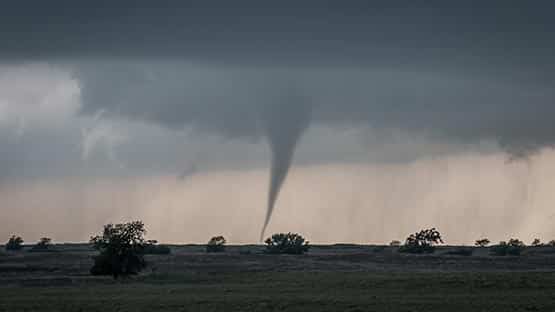
Last week, two EF-1 tornados struck Lee and Scott counties in southwestern Virginia uprooting trees in its path. AN EF-3 tornado touched down in Virginia Beach on April 30.
Closer to home, last April, an EF-1 tornado travelled along a six-mile path from Augusta County into Waynesboro causing damage to roofs and uprooting trees.
Throughout the region, home owners needed repairs and new roofs as a result of the damage.
Insurance claims
Property owners should know their rights when filing insurance claims after a tornado or other major weather event.
After recent disasters, victims of storm damage have sometimes seen insurance claims unfairly reduced or denied – with 40 percent of claims left without a payout six months after a natural disaster.
The Commonwealth of Virginia prepared a guide to help Virginians file an insurance claim and answer disaster-related coverage questions.
Virginia has laws to help you expedite your claim – and the Bureau of Insurance is available to provide assistance for claims.
Tornado preparation
According to the Virginia Department of Health, Virginians should subscribe to weather alerts from a local television station or national weather service, or consider the mobile app ReadyVirginia.
- Tornado watch: Tornadoes are possible. Remain alert for approaching storms.
- Tornado warning: A tornado has been sighted or indicated by weather radar. Take shelter immediately.
VDH tornado tips
- The safest place during a tornado is the interior part of a basement. If your home does not have a basement, go to an interior room without windows on the lowest possible floor.
- In an office building or school, go to an interior hallway on a lower floor or a designated shelter area that provides a buffer from strong winds and flying debris, such as a center hallway, bathroom, or closet.
- Stay inside until you are certain the storm has passed.
- The strength and path of a tornado is unpredictable and if you are outside as a tornado approaches, seek shelter in a sturdy structure immediately.
- During a tornado, if possible drive to a nearby shelter but do not attempt to outrun the tornado in your vehicle. High winds and flying debris can affect driving conditions, which may require that you leave your car and find a ditch or low area that is away from trees and other objects that could become projectiles.
- Do not seek shelter underneath a bridge or overpass. Remember, many injuries sustained during a tornado are associated with flying debris and high winds; it is important to protect your head and neck as much as possible.
- Do not remain in mobile homes during tornadoes, leave immediately and seek shelter in the basement of a nearby building. Even mobile homes with tie-downs may overturn during a tornado.
- Because tornadoes can occur with little, if any, warning, every second is important. Be prepared, have an emergency plan and practice tornado drills frequently with your family to make sure everyone knows the safest place to seek shelter. Information to help you and your family to prepare an emergency plan is available:










